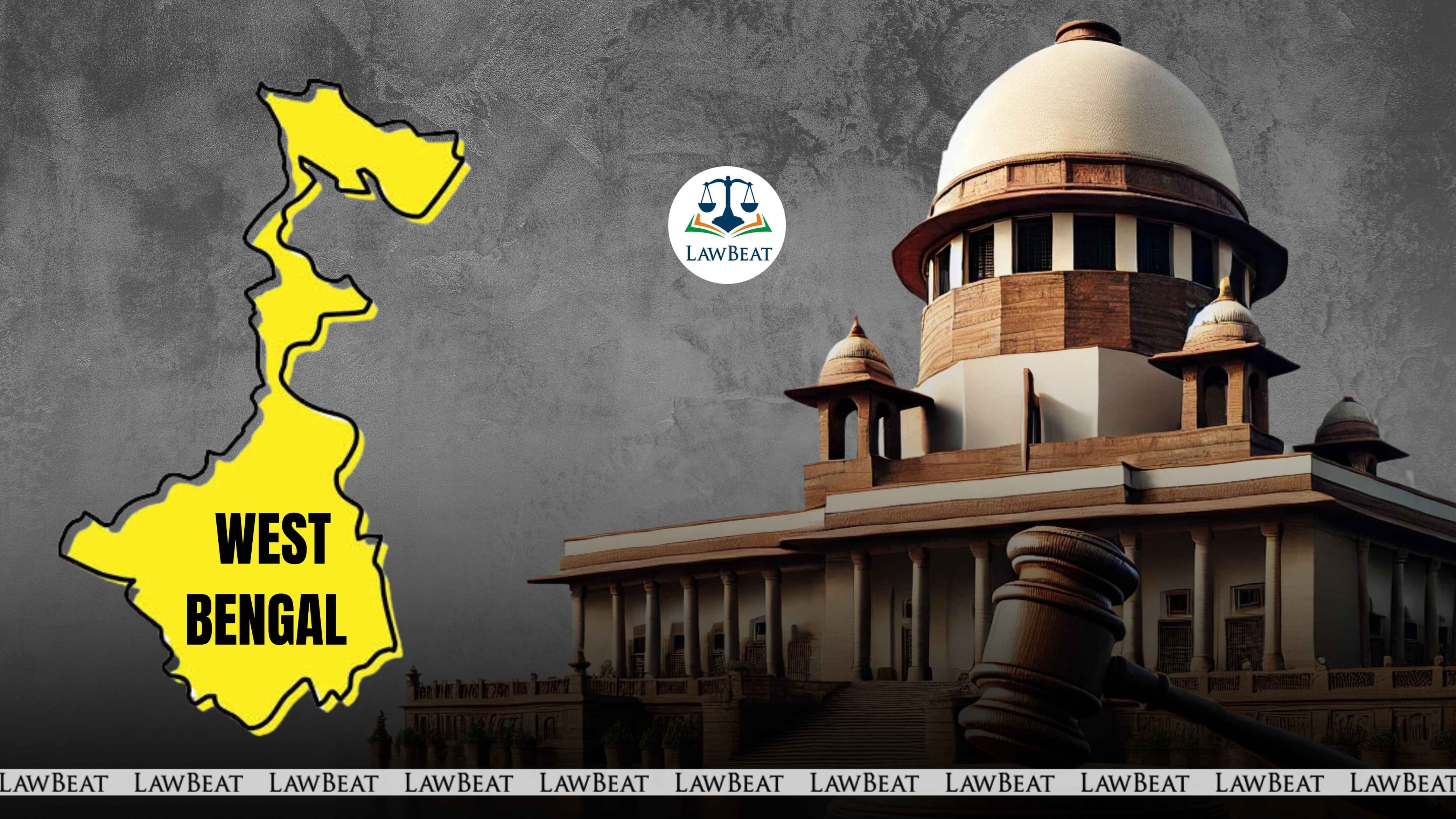WB School Jobs Row: SC Reserves Verdict on Plea Against Calcutta HC’s Axing of 23,123 Jobs

The Supreme Court began hearing the case on December 19, 2024, with the state and untainted candidates making submissions
The Supreme Court of India on Monday reserved its judgment on pleas filed against Calcutta High Court's April 22, 2024 judgement quashing the appointment of 23,123 teaching and non-teaching staff in the state.
A bench of Chief Justice of India (CJI) Sanjiv Khanna and Justice Sanjay Kumar heard the arguments made by the state and the untainted candidates.
During the proceedings, CBI's counsel revealed before the court that the data retrieved by Pankaj Bansal was the original data. It may be noted that Pankaj Bansal was an employee at NYSA Communications, the company hired by the SSC to evaluate OMR sheets. The CBI further added that the said data was then tampered with before being uploaded to the SSC server.
Senior Advocate Maninder Singh, appearing for the petitioners, supporting the Calcutta High Court's decision, submitted before the bench that the entire selection process is shrouded in such mystery that it is difficult to fathom the quantum of illegality. Therefore, the entire process must be quashed.
".....Milord, it is the case where the conclusion drawn by the high court does not fall foul of any of the principles which are laid down by this honourable court," he added.
Senior Advocate Vibha Makija, appearing for the not selected candidates, submitted that all individuals on the merit list must be considered. She argued that rather than knocking out the entire selection process, only tainted ones could be removed, and the vacancies should be filled with those from the merit list.
"....I can't be thrown out just because SSC did some Ghabla," she said.
Senior Advocate Jaideep Gupta, appearing for the West Bengal School Service Commission (WBSSC), contended that the tainted candidates must be segregated from the untainted ones.
Senior Advocate Rakesh Dwivedi, appearing for the State of West Bengal, argued against the decision for the high court.
Senior Advocate AM Singhvi, appearing for untainted candidates, called for the segregation of the appointment. He said," Lordship, segregation is the core of the issue. We say segregation is possible because allegations do not reveal any systemic flaw."
Apart from this, several senior advocates, including Mukul Rohatgi, Dushyant Dave, Prashant Bhushan, K. S. Patwalia, and Karuna Nandi, concluded their submissions on behalf of the appellants.
The West Bengal government filed a plea in the Supreme Court questioning correctness of the Calcutta High Court's order. It also challenged the direction to the candidates who submitted blank OMR sheets but obtained appointments, to return all remunerations and benefits received by them to the State exchequer along with interest calculated at 12 % per annum, from the date of receipt thereof till deposit, within a period of four weeks.
The petitioner also sought an interim stay on the operation of the high couty's judgment in the matter.
In May 2024, the Supreme Court had stayed the high court's impugned order while adding that the ad interim protection would continue but any person found to have been appointed illegally shall undertake to refund the salary drawn by them if the case is eventually decided against them.
The apex court's special bench comprising CJI and Justices Sanjay Kumar and KV Vishwanathan began hearing this case on December 19, 2024, with the state and untainted candidates making submissions.
In what is called as cash-for-job scam, the CBI has arrested former state education minister Partha Chatterjee and other bigwigs and recovered huge caches of cash during the investigation.
In its judgment, the high court's bench of Justice Debangsu Basak and Justice Md Shabbar Rashidi had observed that “the entire selection process was shrouded in such mystery and in such layers that it was difficult to fathom the quantum of illegalities performed.” As a consequence, the court had held that “it was left with the only option of cancelling all appointments in the four categories of the selection process involved.”
The high court's decision to nullify the SLST-2016 selection process was motivated by a multitude of discrepancies uncovered during the proceedings. These irregularities ranged from procedural violations to instances of nepotism and favouritism, casting doubt on the legitimacy of the appointments made through the said process.
Cast Title: The State of West Bengal vs. Baishakhi Bhattacharyya
